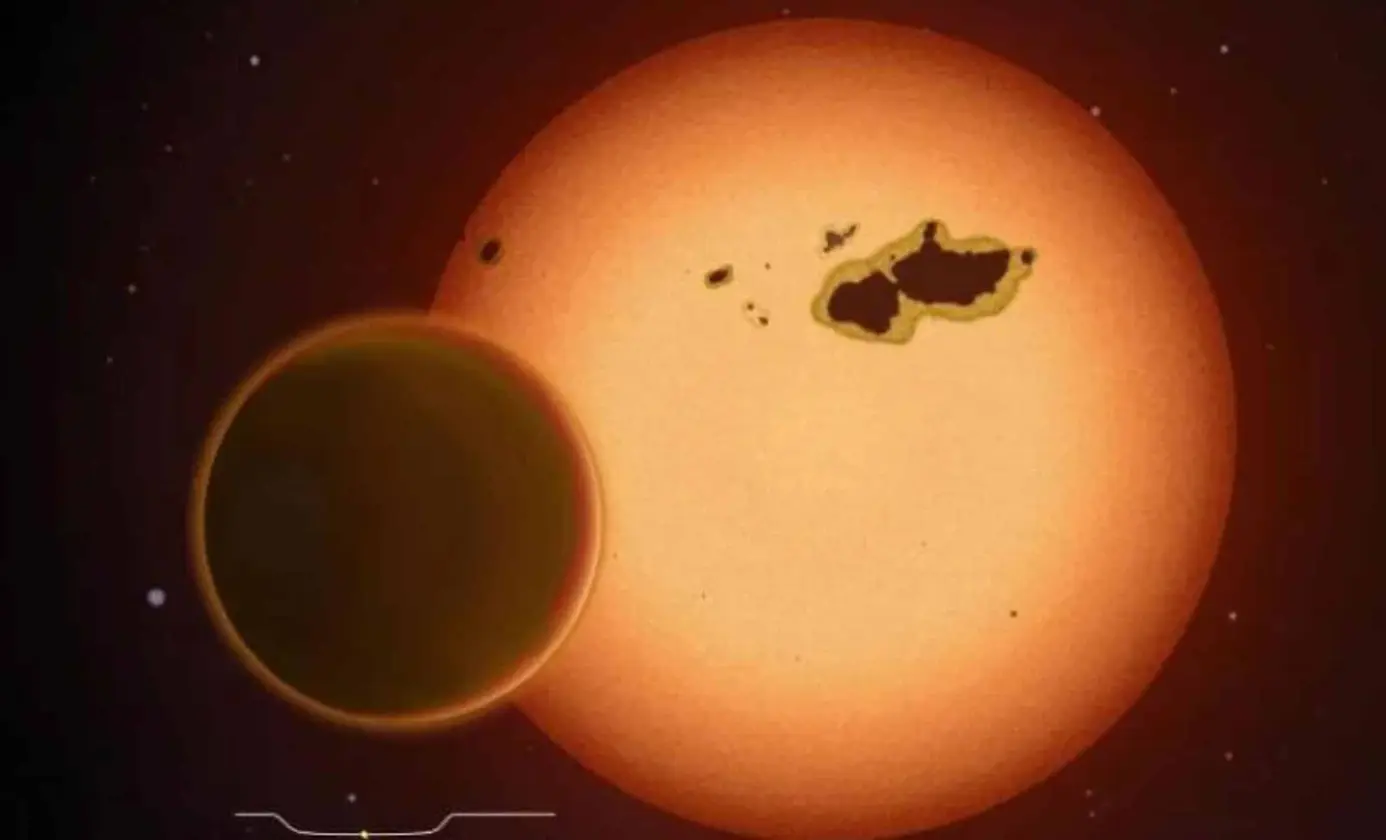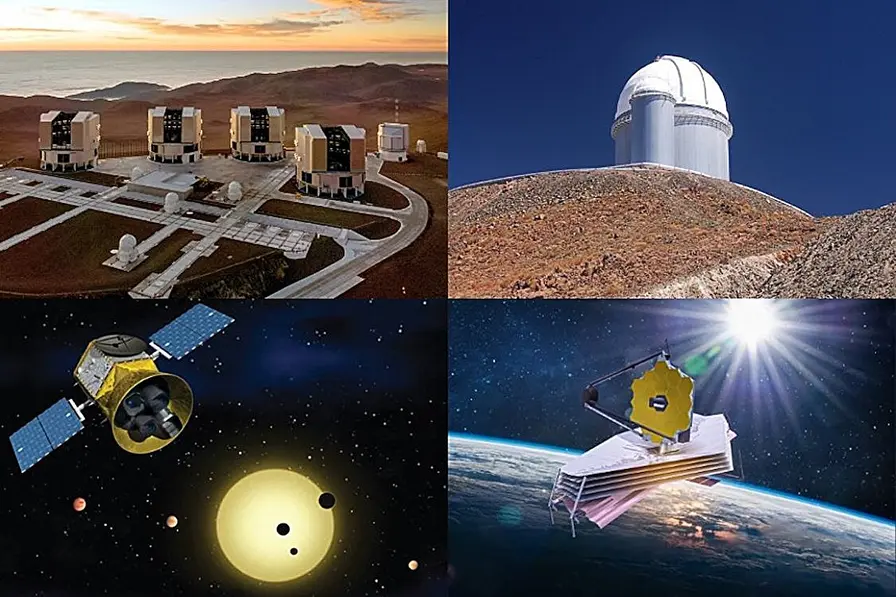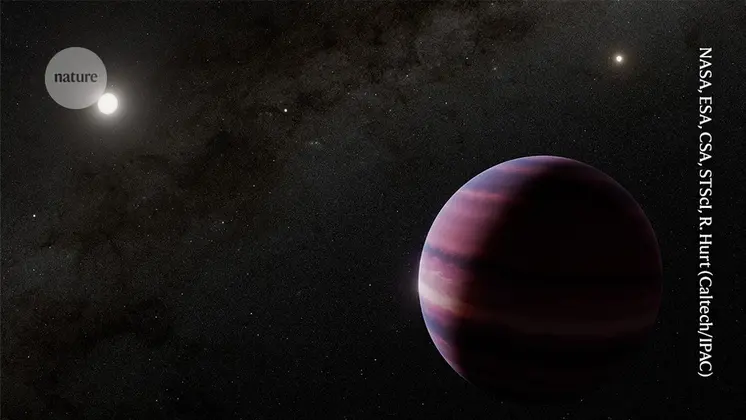T4K3.news
Astronomers discover Kepler-725c as a potential habitable super-Earth
Kepler-725c is found in the habitable zone of its star, using the innovative TTV method.

Astronomers have discovered Kepler-725c, a potentially habitable super-Earth in the habitable zone of a Sun-like star.
Discovery of Kepler-725c Promises New Frontiers in the Search for Life
Astronomers recently announced the discovery of Kepler-725c, a super-Earth in the habitable zone of the star Kepler-725. Using a unique method called Transit Timing Variation (TTV), researchers identified this planet, which is about ten times the mass of Earth. The TTV technique focuses on measuring variations in a planet’s orbital timing caused by the gravitational influence of nearby bodies. This allows for the detection of planets that might not be visible with traditional methods. Kepler-725c is significant because it's located in an area where conditions could support liquid water, a crucial factor for potential life.
Key Takeaways
"TTV could redefine future exoplanet exploration strategies."
This captures the revolutionary aspect of the TTV method in astronomy.
"Kepler-725c is a glowing candidate in the search for Earth 2.0."
This emphasizes the planet's potential importance for future studies.
This discovery is a turning point in exoplanet research, especially with the adoption of the TTV method. Traditional techniques often overlook planets with long orbital periods, but TTV opens new possibilities. With upcoming missions like PLATO and China's Earth 2.0, the potential for discovering habitable worlds increases markedly. Kepler-725c could become a primary focus in the quest for Earth-like planets capable of supporting life, highlighting an evolving understanding of where and how to look for extraterrestrial habitats.
Highlights
- Kepler-725c shines a light on new potentials for life beyond Earth.
- The discovery of Kepler-725c could mean new worlds await.
- TTV opens doors to planets previously unseen by traditional methods.
- Are we on the brink of discovering Earth's twin?
Potential Impact on Space Research Funding
The discovery of Kepler-725c and advancements in TTV may influence budget decisions for future space missions.
As techniques improve, the search for habitable worlds outside our solar system grows ever brighter.
Enjoyed this? Let your friends know!
Related News

NASA reports mystery signal from super-EarthTOI-1846 b

Scientists discover fifth planet in L 98-59 system

Fifth potentially habitable planet confirmed in L 98-59 system

Scientists discover unusual super-Earth 154 light years away
Astronomers discover planet reminiscent of Avatar

Astronomers discover possible planet near Alpha Centauri A

Astronomers discover deadly new exoplanet

Astronomers Discover Unique Planetary System
